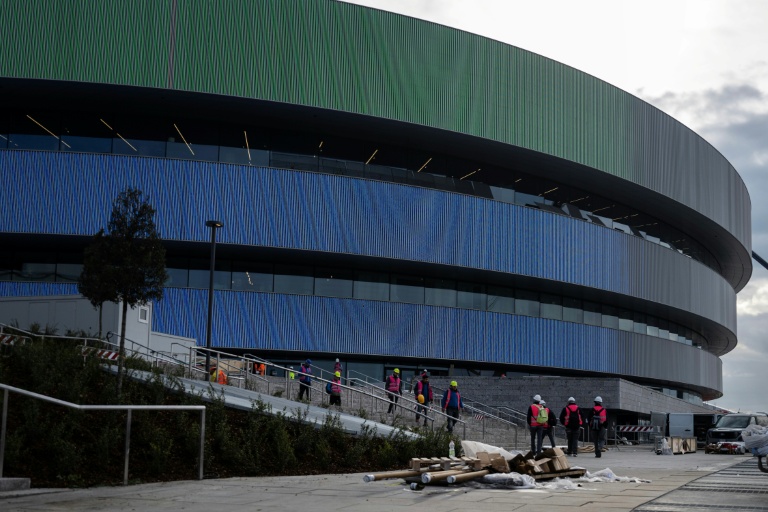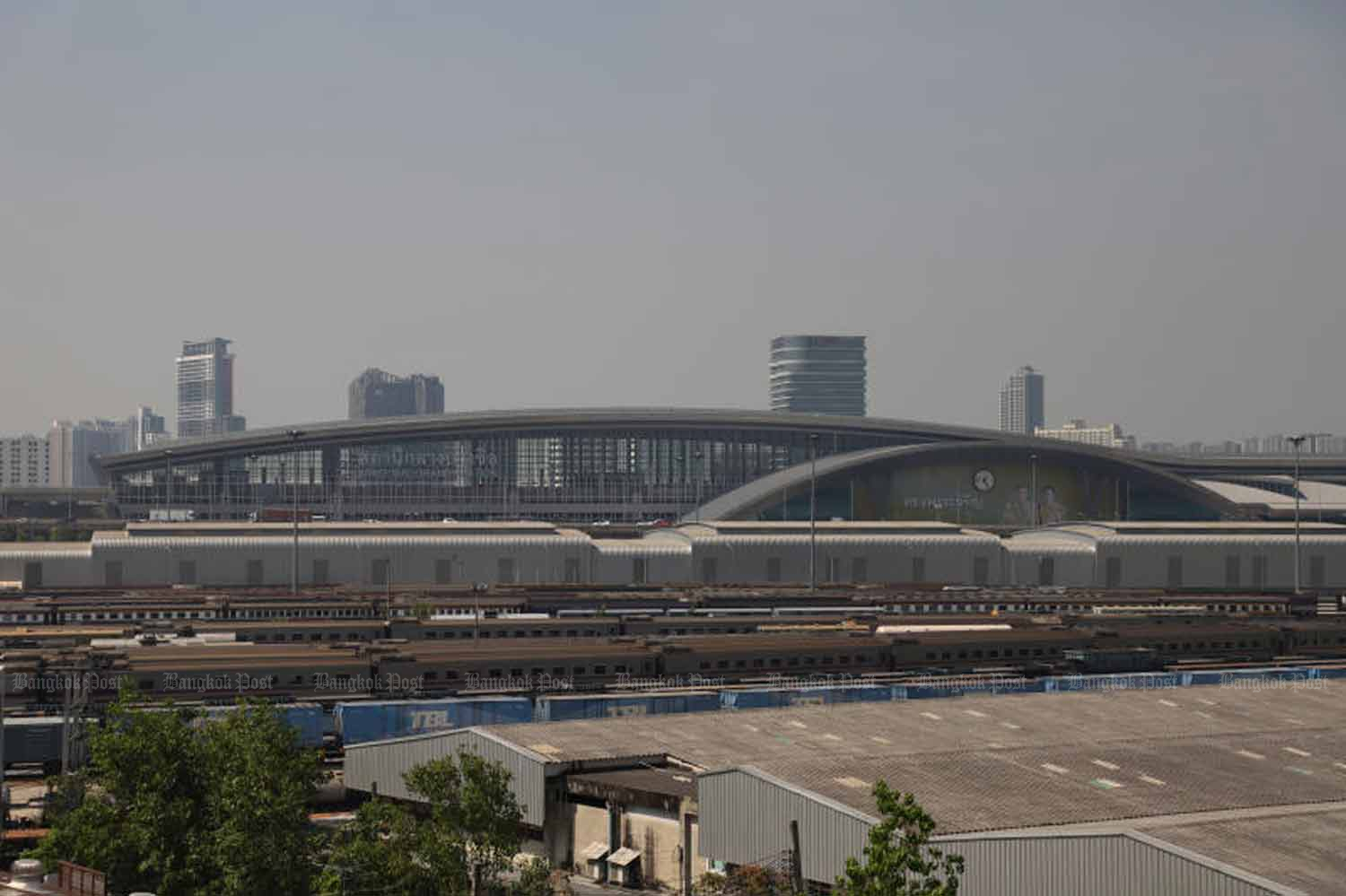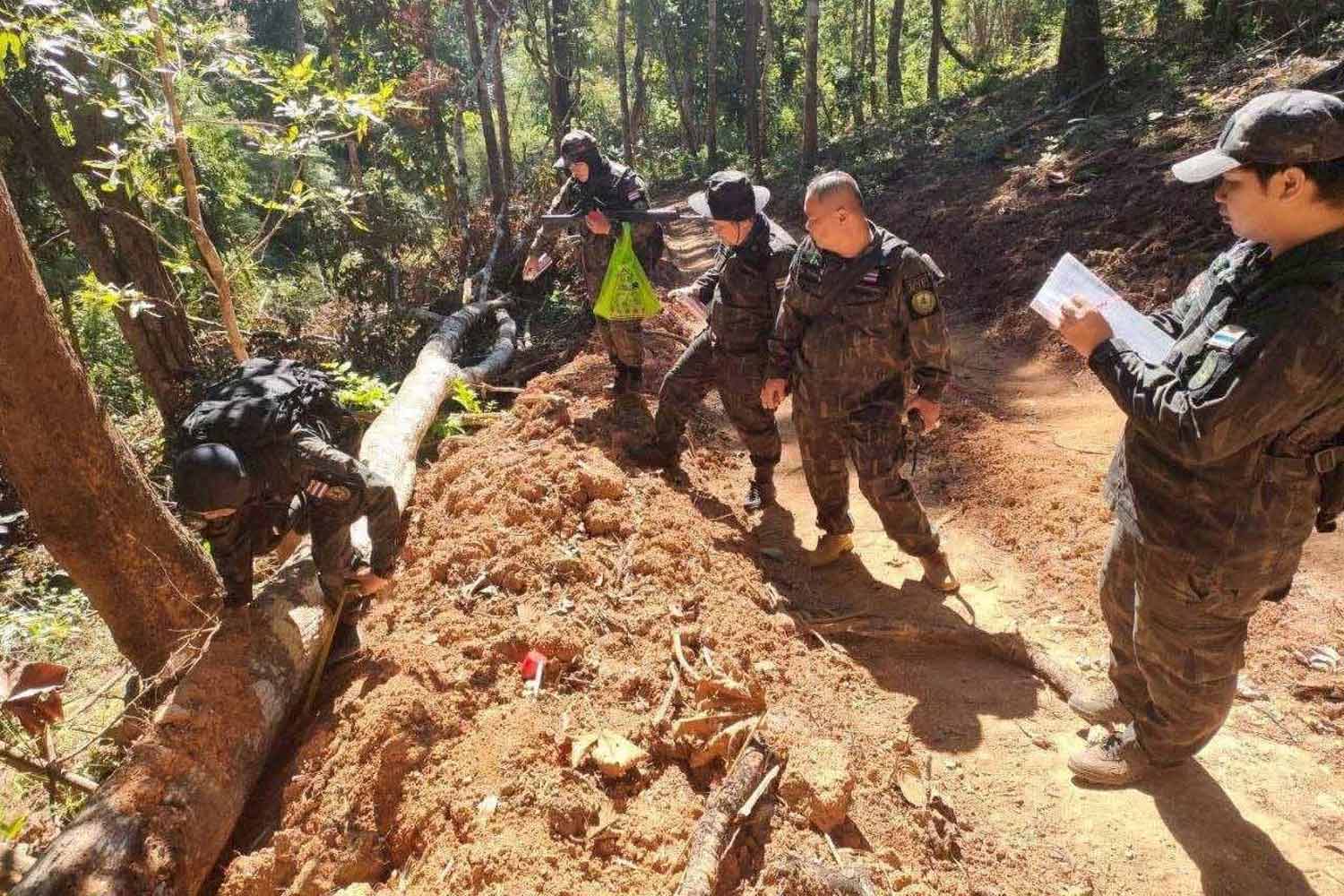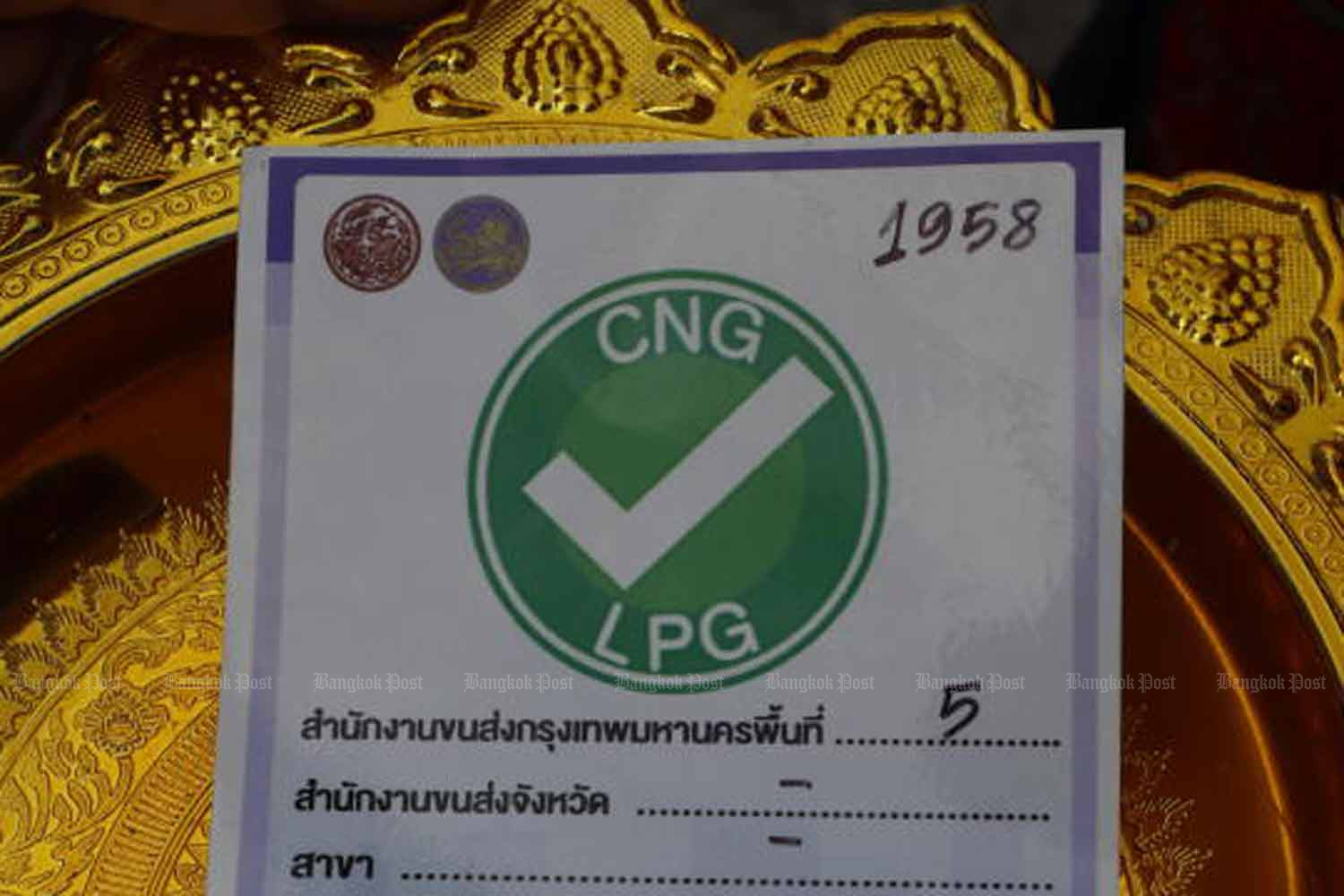Showing 41 - 50 of 10,000
Olympics rev up Milan's renewal but locals fear price to pay
AFP, Published on 19/02/2026
» MILAN - The Winter Olympics are expected to accelerate Milan's transformation into a vibrant international metropolis, but many residents fear the effect will see them priced out.
Generali launches health plan with extra 50% coverage for critical illness
Published on 19/02/2026
» Generali Insurance (Thailand) is making a full-scale move into the premium health insurance market with the launch of its new product, “GEN HEALTH PREMIER”, under the concept of Beyond Lump Sum. The plan is designed to go beyond the limitations of traditional lump-sum plans with enhanced premium features, while addressing the lifestyles of consumers who value comprehensive and long-term cost-effective coverage. It targets both customers seeking premium-level health insurance that matches high-end medical services and expatriates working or residing in Thailand who require all-in-one coverage under a single policy. The product is offered exclusively through Generali Insurance brokers only.
New government urged to prioritise anti-graft drive
Online Reporters, Published on 19/02/2026
» The Anti-Corruption Organisation of Thailand (ACT) has urged caretaker Prime Minister Anutin Charnvirakul to put the fight against corruption at the heart of his new administration’s agenda, after Thailand’s corruption score fell to its lowest in nearly two decades.
Major medical centre proposed in Bang Sue
News, Post Reporters, Published on 19/02/2026
» The Ministry of Transport has ordered a review of the land development plan in the Bang Sue area of Bangkok to develop a “vertical” medical centre equipped with transport connectivity and a railway system.
Illegal road in wildlife sanctuary investigated
News, Apinya Wipatayotin, Published on 19/02/2026
» Natural Resources and Environment Minister Suchart Chomklin has ordered a crackdown on alleged abuses of authority in forest areas, sending officials to Mae Hong Son and setting a three-day deadline to clarify allegations against the head of Mae Yuam Wildlife Sanctuary.
Foreign investment applications rise 46% in January
Wichit Chantanusornsiri, Published on 19/02/2026
» Foreign investment applications under the Foreign Business Act were robust in January, with a total investment value of 33.8 billion baht, up 46% year-on-year, driven mainly by investors from China, Japan and Singapore.
Safety measures to ramp up for CNG vehicles
News, Mongkol Bangprapa, Published on 19/02/2026
» The cabinet has endorsed a raft of measures to strengthen safety and reduce corruption risks in the licensing of public transport vehicles powered by Compressed Natural Gas (CNG).
‘E-nose’ to sniff out air pollution
Business, Suchit Leesa-nguansuk, Published on 19/02/2026
» The persistent threat of PM2.5 air pollution in Thailand has led to the creation of homegrown solutions to mitigate this environmental challenge.
N.C. Housing slashes projects amid weak demand
Business, Molpasorn Shoowong, Published on 19/02/2026
» SET-listed developer N.C. Housing plans to launch only two projects worth a combined 2 billion baht this year, lower than in previous years, as it remains cautious because of weak consumer purchasing power.
Building brand power via sport and culture
Business, Nareerat Wiriyapong, Published on 19/02/2026
» Watching a Liverpool–Newcastle match at Anfield would be a thrill for most football fanatics, even if they are fans of neither team. The away team scored the first goal before the Reds stormed back with four goals, clinching their first victory in a month.













